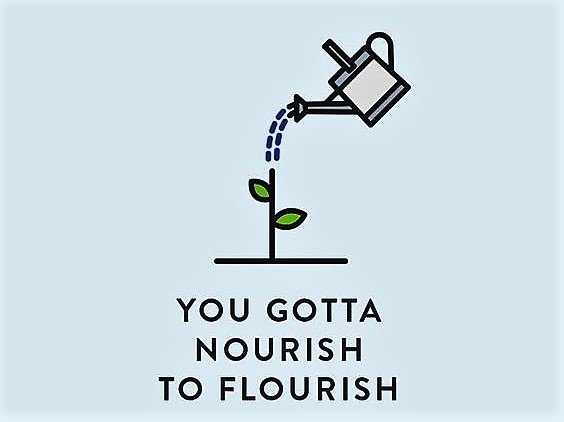I could give you statistics, and research on self-care all day long, but it feels more meaningful to answer questions that WE all have about self-care in every day life. Below are a few questions that were submitted by AMTAS members! I want to acknowledge that I am not an expert in self-care, and while I have done a lot of research on it and practice it regularly, self-care is experienced differently by so many people and I welcome a discussion about what works best for you. How do you go about finding what self-care method works for you? Just like with anything else in life, practice makes perfect! In my personal experience, I didn’t know exactly what worked for me when I started learning and practicing self-care. It took a lot of trial and error to find self-care routines that didn’t add on to the stressors of every day life. My advice to you would be to do some research about different self-care methods and try each one for a week! Give it a chance, but don’t be discouraged if that method isn’t for you. Every person is different, and every person needs something different to empty their stress cup and fill themselves up with peace and happiness. {Image found at joshuahook.com } What if you don’t have time for self-care every day?
Daily self-care doesn’t need to be an elaborate and time-consuming event! Yes, every once in a while, it’s nice to go all out and pamper yourself, but sometimes we truly don’t have time to go “all out” every day. Remember that self-care doesn’t have to be a big gesture! It can be as simple as going to bed earlier, meditating for a few minutes, or going on a short walk. It doesn’t take much to give yourself some much-needed attention, and in the long run doesn’t only help you, but also your clients. Try to do some sort of self-care for yourself every day, even if it’s just for 5 minutes. How do you navigate your own emotional reactions to your clients' experiences that you may be able to relate to/ have had experience with in your past? The biggest advice that I have found while researching this question is to have an outlet where you can talk to someone. There is a stigma against seeking out professional help in the helping profession career. We are in this position to help others, and for some reason it is looked down upon for us to have help when we need it. We can’t be our own therapists, and when we run into situations where our past experiences could potentially affect treatment, it is our responsibility to get help! There should be no shame in talking to a professional psychologist, if for nothing else to be able to open up about past experiences and process through any trauma we may not even realize we have. So, go talk to someone about these emotional reactions, and process why you are having them in the first place! Helping yourself cannot only make these feelings disappear, but also make you an even more effective music therapist. “I've found that seeking out and maintaining my own therapy has been a key piece in my self-care practice.”- Anonymous AMTAS member
2 Comments
4/25/2020 01:29:19 am
Writing is my main form of self-care. At the end of the day, I write my thoughts on my journal. The thing about me is that I like to look back on my life. I never miss a day writing in my journal because I like to have my life documented. There is something so satisfying and nostalgic when you read your past thoughts. Most of the time it makes me laugh and there are times when it also makes me feel sad when I read the tough times I have been in. It feels great to remember the good and the bad times I was able to overcome.
Reply
5/16/2022 11:39:43 pm
I very much appreciate it. Thank you for this excellent article. Keep posting!
Reply
Leave a Reply. |
Hello AMTAS, my name is Mercedes Shook and I am your secretary for the 2024 year! The purpose of this blog is to provide updates on the AMTAS region, give helpful tips and tricks for music therapy students, share meaningful experiences, and promote collaboration with all music therapy students across America! If you have any ideas or questions regarding this blog please don’t hesitate to reach out via email.
Interested in writing a post? Click here to submit the Blog Interest Form. Email: [email protected]. CategoriesArchives
July 2024
|
